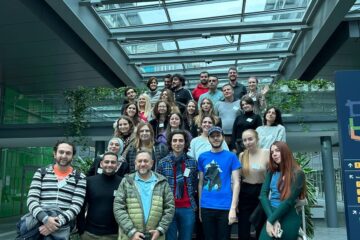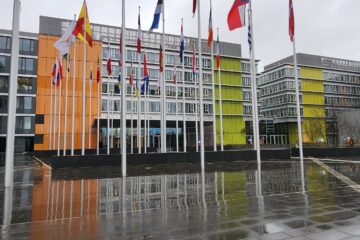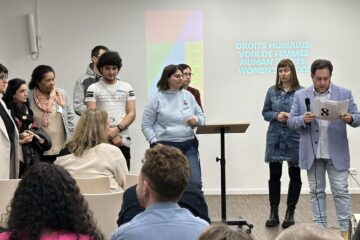Young people all over Europe are facing the challenges presented by the digital era, which
include the rise of misinformation and fake news. During the last year, in the context of the
Covid-19 pandemic, youth and the whole population witnessed the health and wellbeing
information increase among media communication channels, many times becoming victims of
dis- and misinformation.
During the first phase of the Erasmus Plus project ‘Infodemics’ (project code: 2021-1-LU01-
KA220-YOU-000028874), the partner organisations conducted research on the topic of
misinformation related to health and wellbeing in digital contexts, focusing on youth as a target
group. The partner organisations of the project and authors of this report are Formation et
Sensibilisation de Luxembourg (Grand Duchy of Luxembourg), Pontydysgu SL (Spain),
SYNERGASIA ENEGON POLITON (Greece) and SwIdeas AB (Sweden).
By providing information on the mentioned issues and analysing them further, this report also
aims to explore the possibilities that the DigComp framework can provide in order to develop a
more specific approach that serves youth in the enhancement of their digital competence in
relation to health and wellbeing. This is done by developing competence statements for the
DigComp framework that focus on the relevance of health and wellbeing in the midst of the vast
amount of information available on the Internet. Additionally, the report will also serve as a base
for building up the next project results, as the created competence statements will be used for
building a Self-Assessment Tool that will provide young people with an overview of their own
digital and media literacy competences in line with the DigComp framework, which already
provides a common understanding of what digital competence is.
As far as results are concerned, in the European context, our research identified that major
issues encountered by youth in regards to digital misinformation in the health and wellbeing
areas are such as being exposed to a large amount of information, often promoted by
algorithms, marketing strategies or false experts. They also encounter challenges related to
cybersecurity, cyberbullying, digital harassment and online violence. Besides, young people are
often considered “digital natives”, but truth is that the fact that young people were born with
new technologies does not mean that they inherently know how to use them safely.
In this context, youngsters need to develop their digital skills to be able to navigate the Internet
with safety and preserve both their physical and mental health. For that matter, learning how
to fact-check, becoming a critical thinker, learning about media literacy, using a variety of
sources of information, communicating with others about the challenges one is facing in online
environments and being aware of making correct use of the digital tools is crucial.
Taking all the mentioned into consideration and after conducting all the necessary research both
in the partner countries and at the European and international levels, the partner organisations
have thoroughly developed DigComp competence statements with the will to support youth in
the enhancement of their digital competence and the preservation of their health while being
exposed to digital environments.


